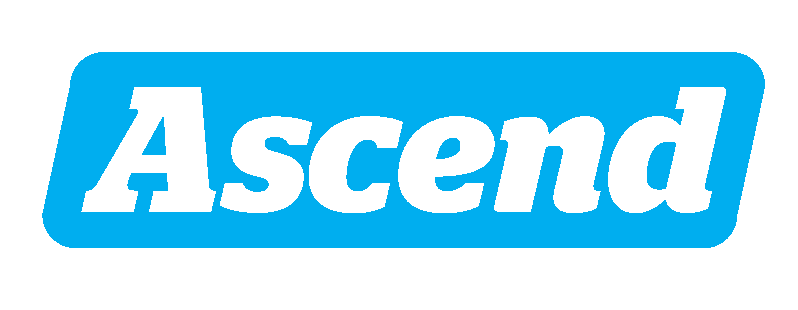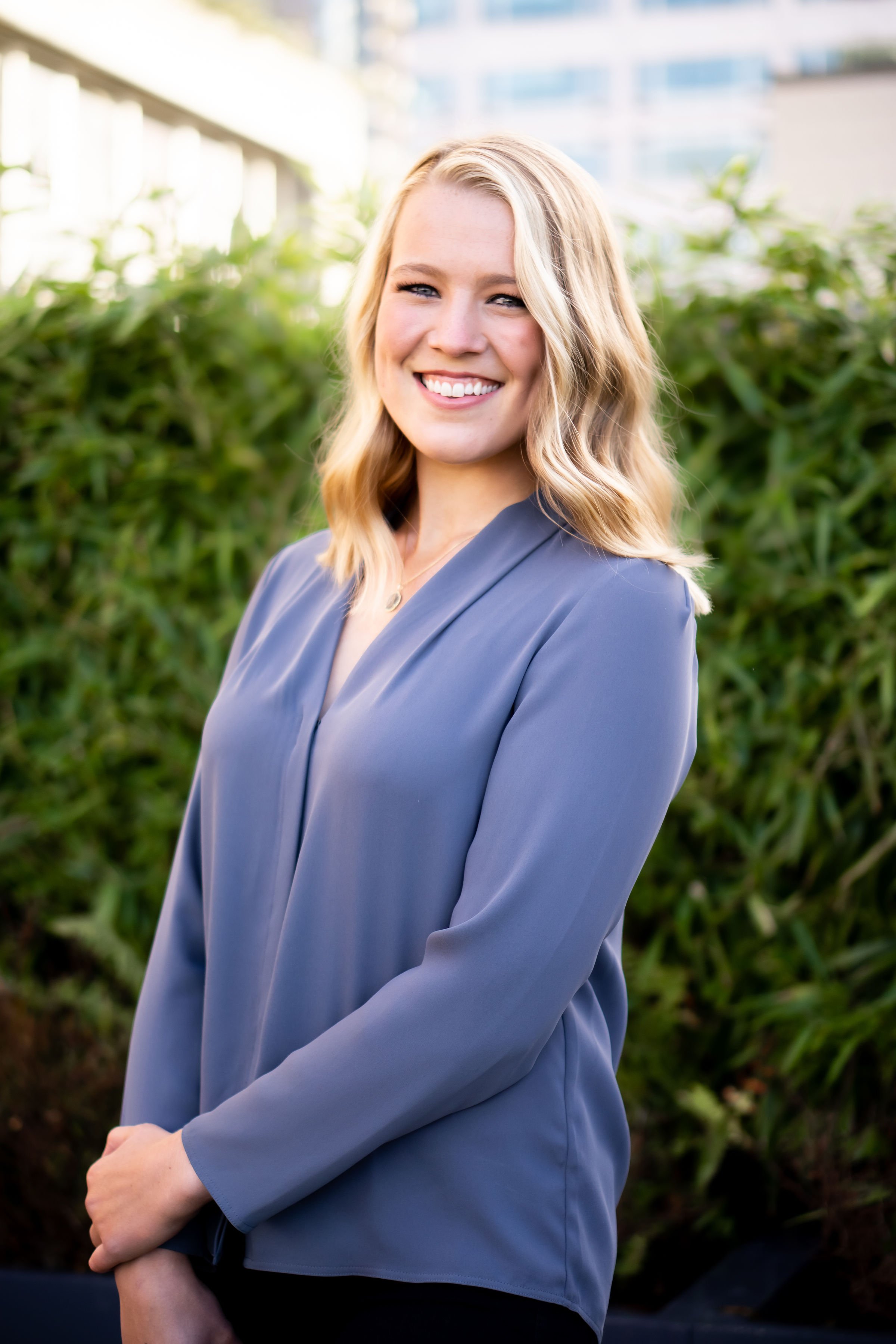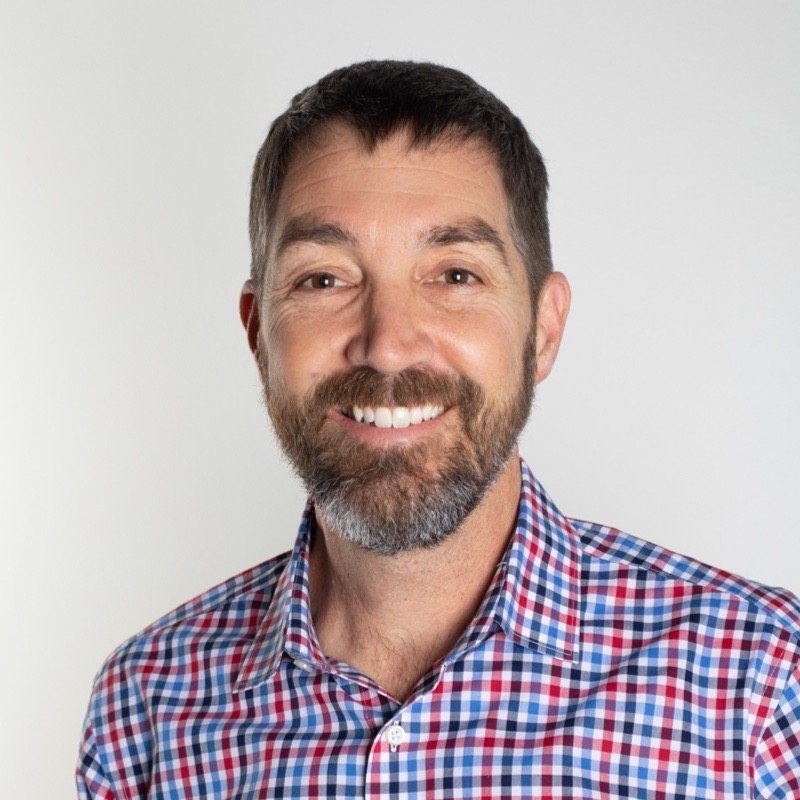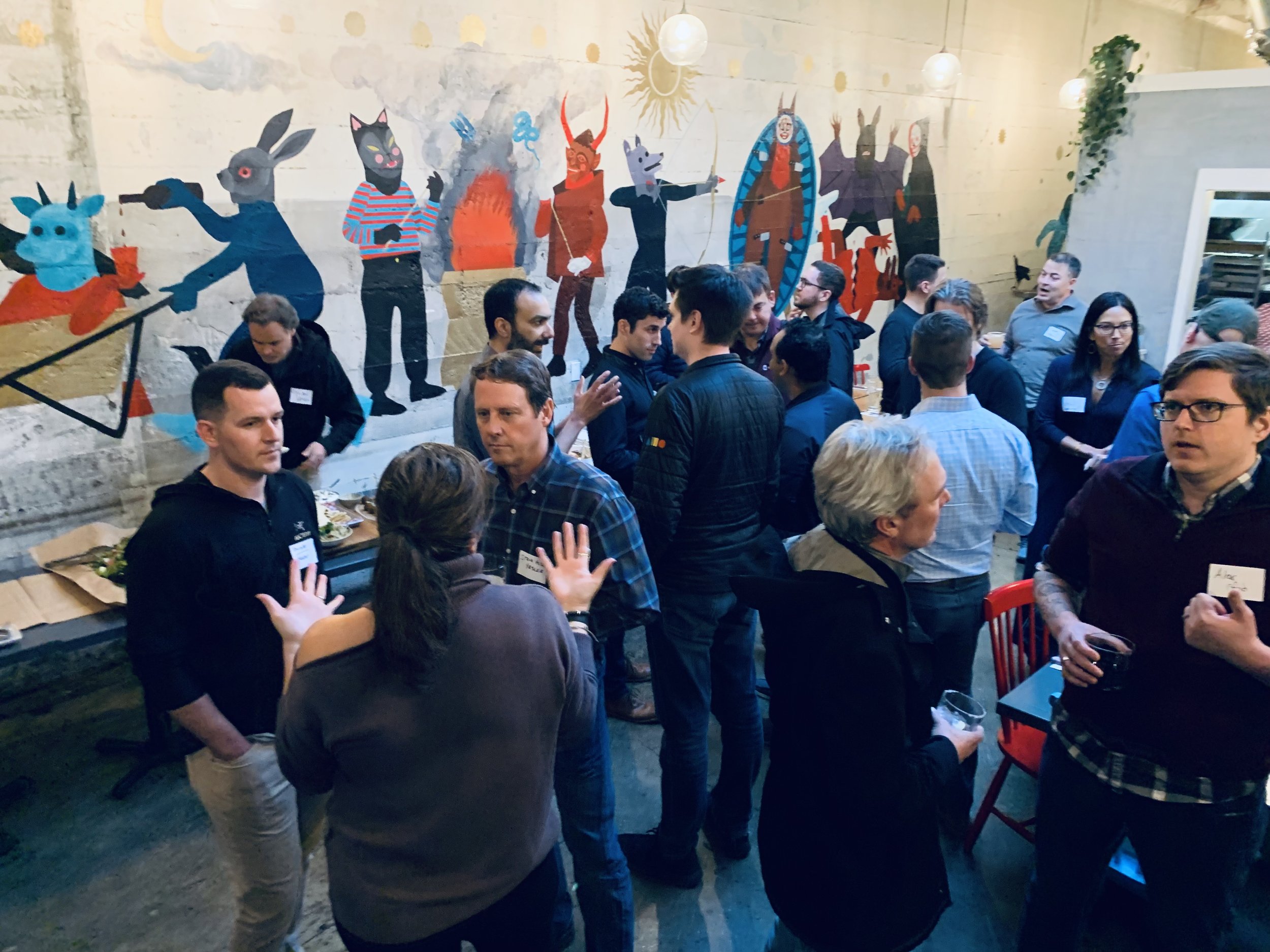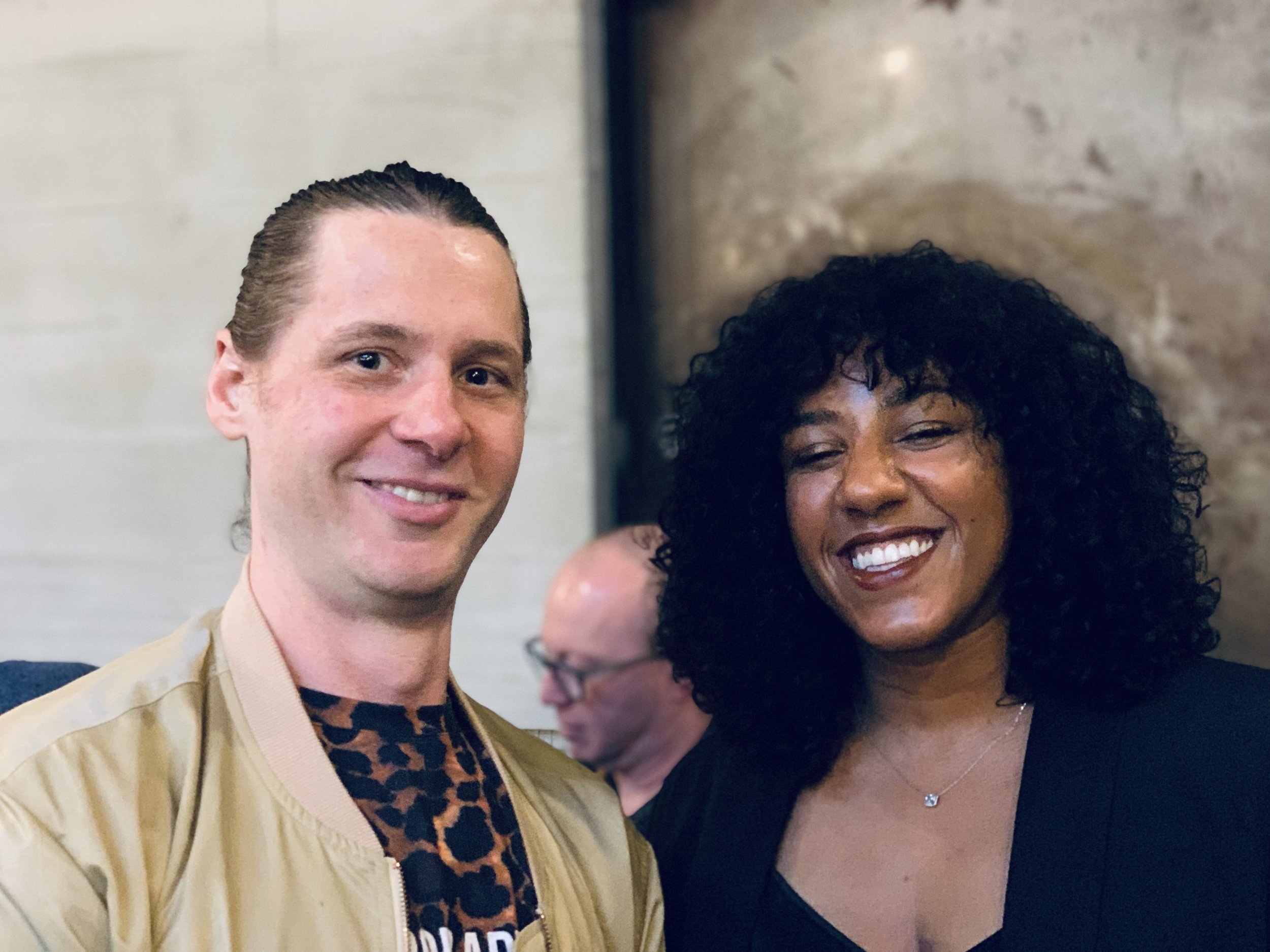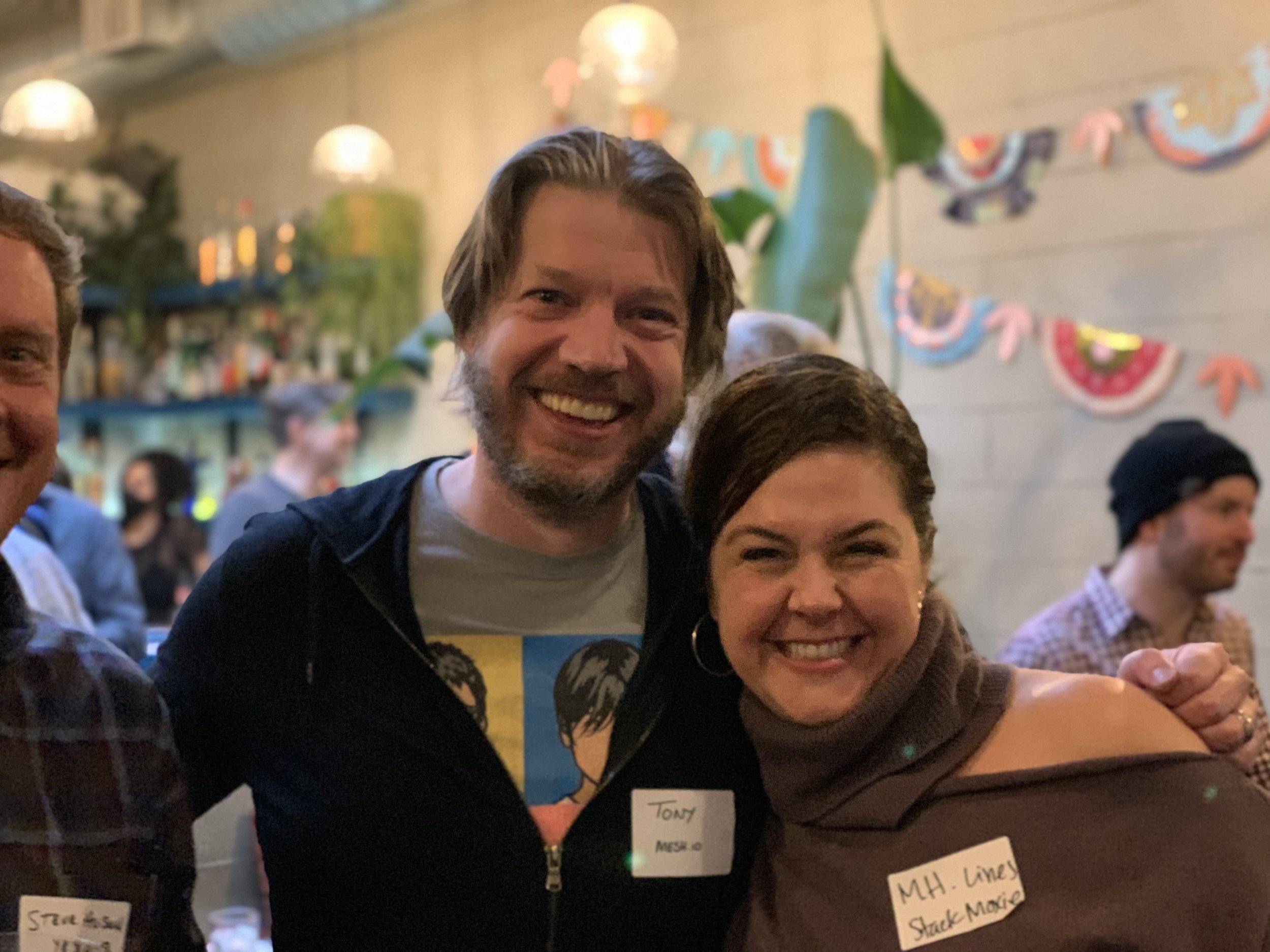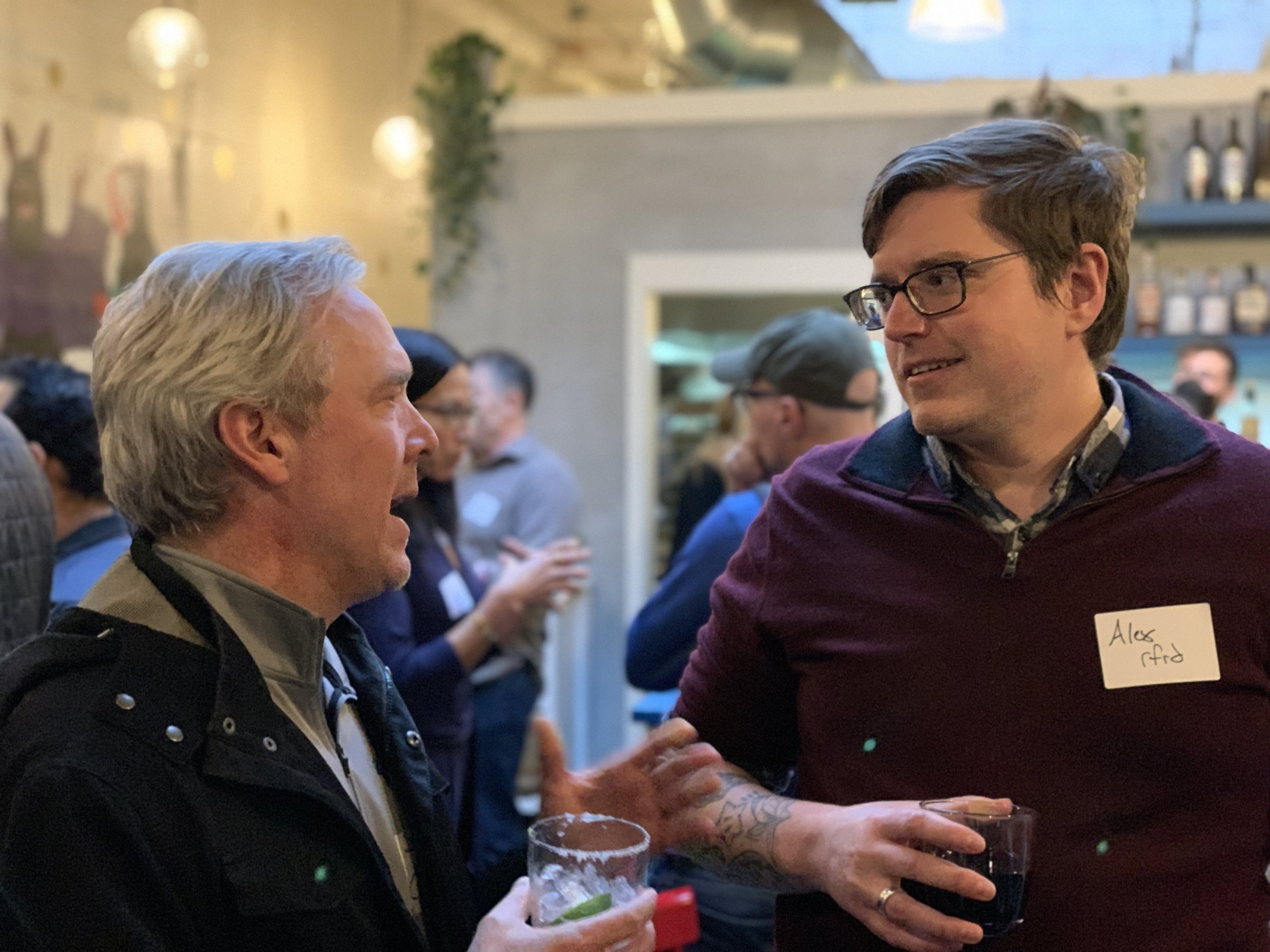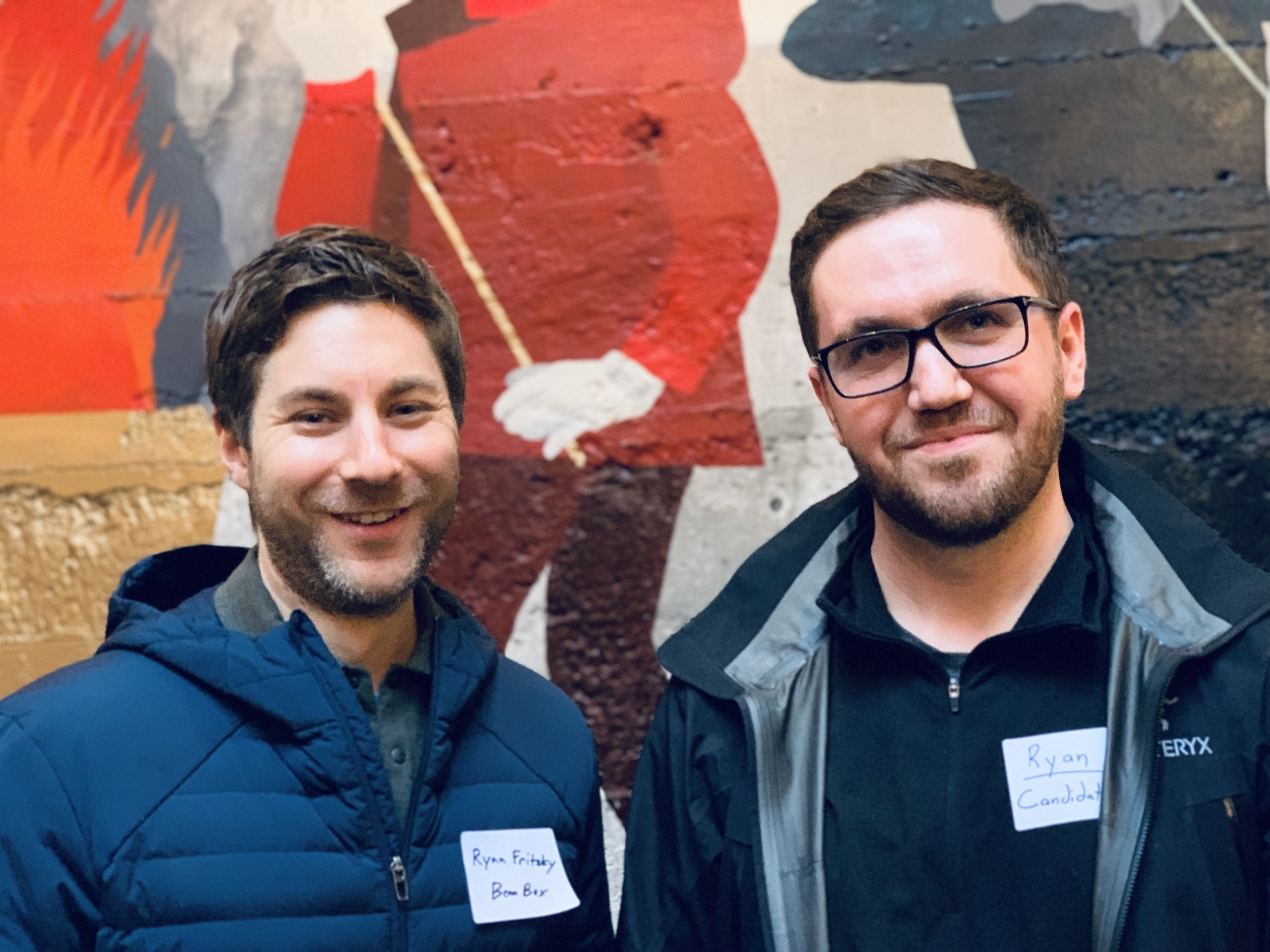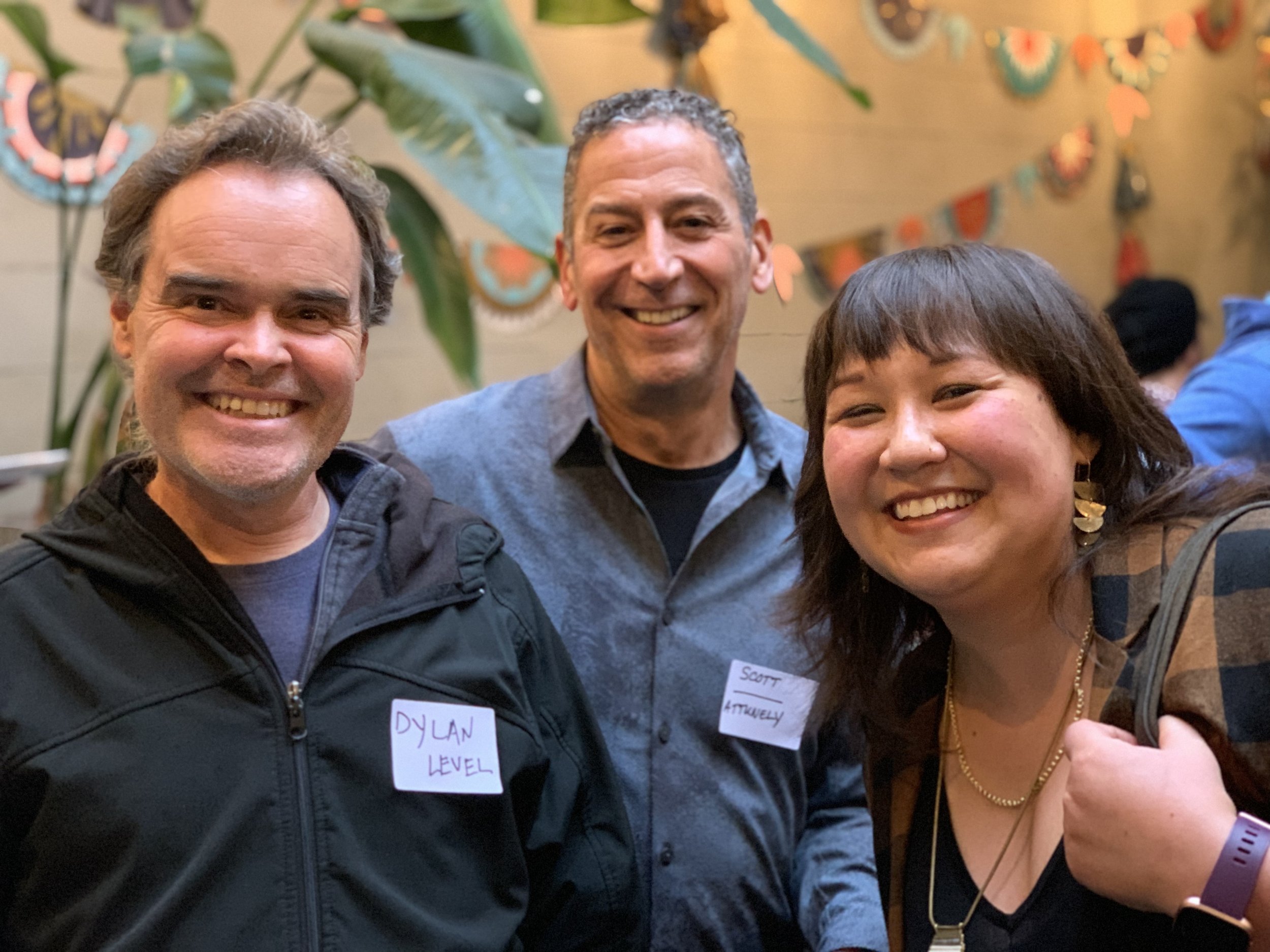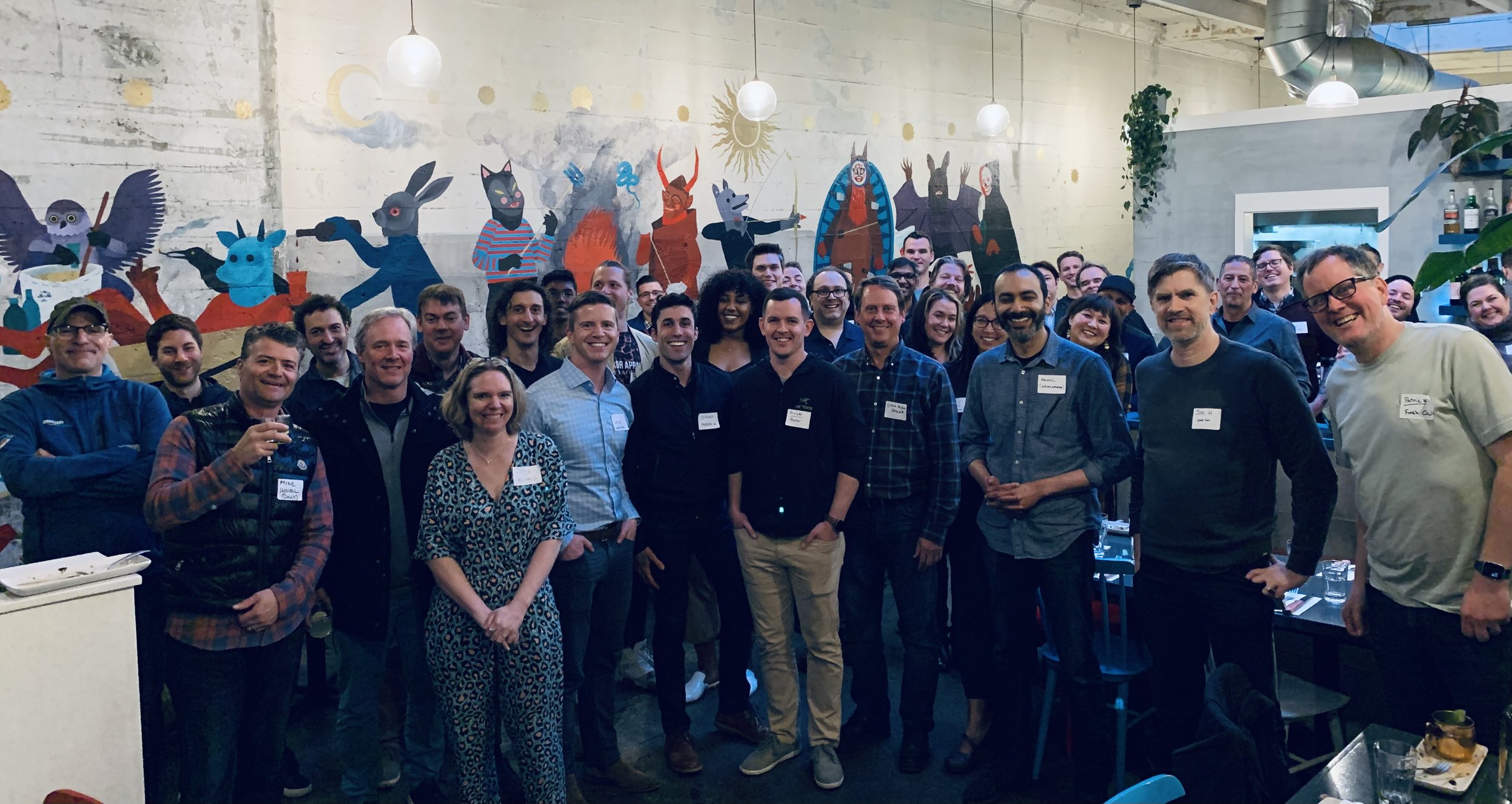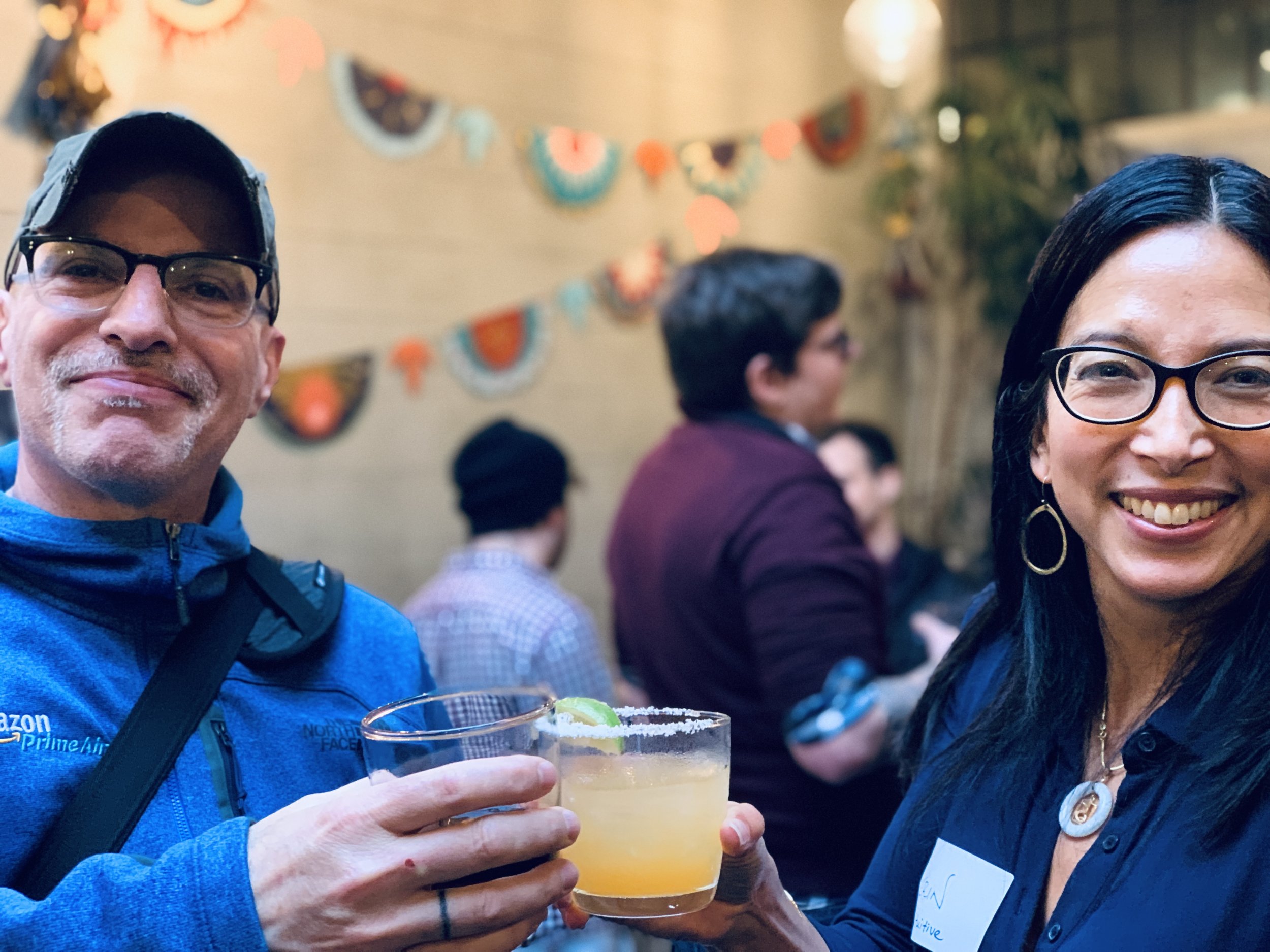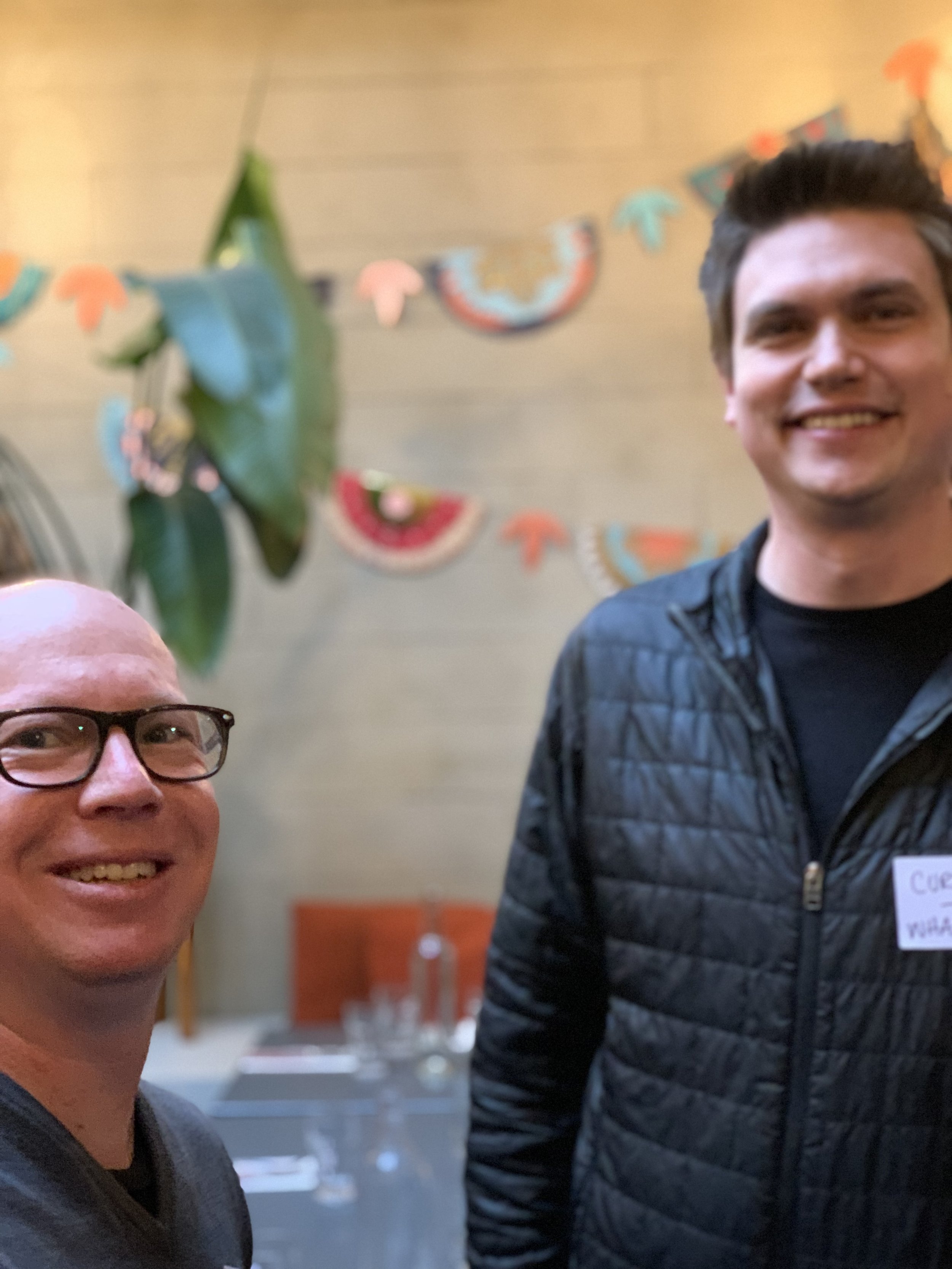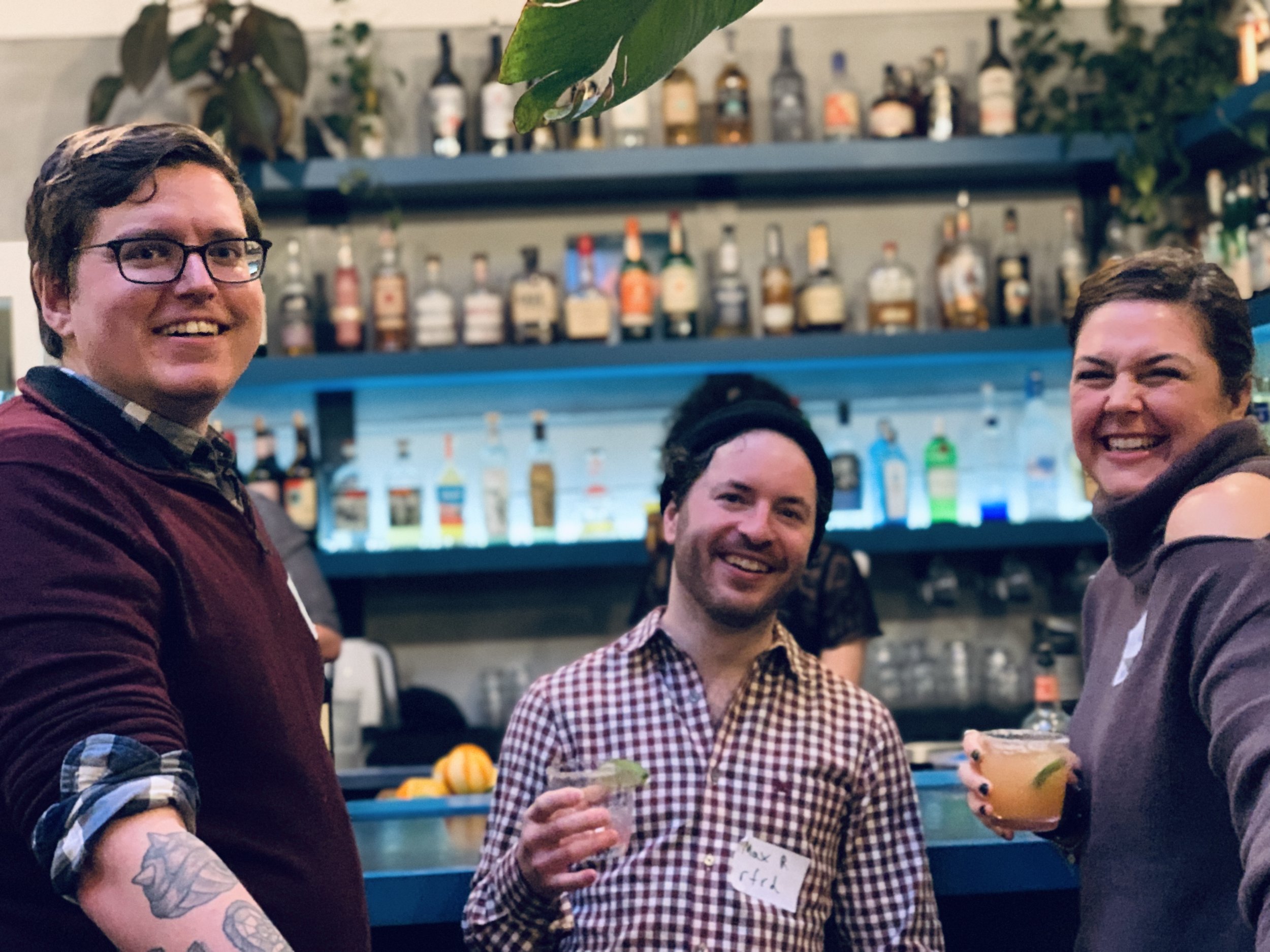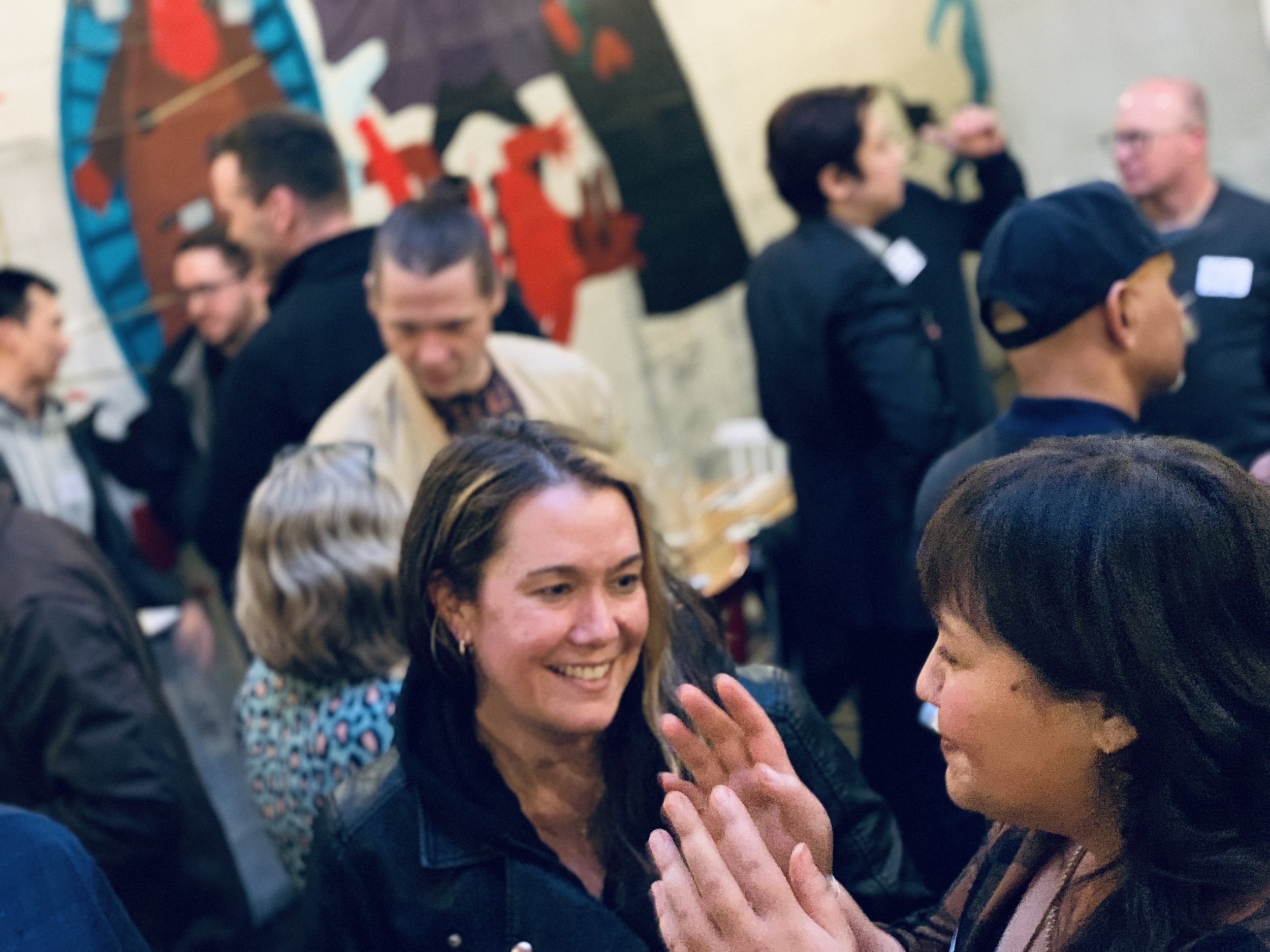When I started Ascend in 2019, I realized even though I was o-l-d OLD, I had more in common with the folks in town who were earlier in their professional investing journeys than the venerable VC’s I’d pitched as a founder. I admire and respect the new wave of Seattle/Pacific Northwest venture capitalists, and thought it would be fun to profile some of our region’s up and coming VC talents in these pages. —KW
Chris Neumann is a General Partner at Panache Ventures, Canada’s top pre-seed venture capital fund. As a founder, he’s raised venture and exited. As an investor, he’s helped many dozens of Canadian entrepreneurs connect with Silicon Valley VCs. And as a Twitter follow, he’s top notch. I’m stoked we got to spend some time here learning what makes Chris tick.
What made you decide to be a professional investor?
After my last startup was acquired in 2016, I had the opportunity to join 500 Startups as an EIR to help them launch a program focused on data, AI and ML companies (my background as a founder). At that point, I'd spent more than a decade in VC-backed startups and jumped at the opportunity to share some of my experiences with other founders. Six years later, I still wake up every morning feeling beyond privileged that I get to meet and work with incredible founders every single day.
What did you do before becoming an investor and how does that benefit your founders?
Prior to becoming an investor, I was the CEO and Cofounder of DataHero (acquired by Cloudability in 2016) and the first employee at Aster Data (acquired by Teradata in 2011). Over the years, I've been a part of five startups, including three as the CEO. Some of these companies were VC backed, while others were bootstrapped. I've done both product and services businesses. Some of those companies were "successful," others less so. I believe that those diverse experiences are what make the difference between investors who possess deep founder empathy (we've been there… we know what it feels like) and investors who took other journeys.
Why should founders want you on their cap table?
Our firm, Panache Ventures, is one of the few VCs in Canada with a team that's almost entirely ex-founders (we like to say that we have more exits than partners). We understand how difficult entrepreneurship is and that there isn't a one-size-fits-all approach to building a company. We also have deep experience building and financing successful, high-growth businesses outside of California. We operate a San Francisco-based accelerator, Panache Academy, to help our portfolio companies and others in the ecosystem learn the best practices and access the networks that are typically only available to founders based in Silicon Valley. Simply put, we believe that Panache Ventures provides the most credible path for Canadian startups to succeed on a global scale.
How many new pitches (actual calls/zooms) do you take per month?
In 2022, we met almost 3,000 founding teams across Canada (about 250/month) across four investment teams.
How many new investments do you make per year?
We target 20 new investments per year, with 60% pre-seed and 40% seed (about 12 pre-seed and eight seed investments per year).
What's your sweet spot(s) in terms of check size, valuation, and vertical?
Our initial check size is between $250K and $1M. We are a geographically specific (Canada only) and sector agnostic fund, and have invested in everything from AI to drug discovery to traditional B2B SaaS.
What one portfolio company do you want to hype for us here?
Some of our most promising companies come from British Columbia, including Certn (background checks), Audette (carbon reduction), Dooly (AI for sales/CRM hygiene) and Big Whale Labs (pseudonymity and privacy infrastructure).
What do you think the next ten years looks like for Seattle/Pacific Northwest startups?
Despite a lot of talk, for years the PNW has stubbornly remained a region of independent ecosystems, with Vancouver, Seattle/Tacoma and Portland all operating relatively independently. It feels to me like founders, investors and supporters alike are finally starting to see strength in numbers and the boundaries between our ecosystems are blurring. We see many more investors and founders from Washington and Oregon coming up to Vancouver in recent years (and vice versa), as well as angel groups and accelerators increasingly operating cross-border. To me, these are signs of a region that's growing in awareness of its collective strength, which is incredibly promising and bodes well for startups across the region.
What song is currently getting the most run on your Spotify/Apple Music?
Been listening to a lot of Tribe Called Quest lately.
Favorite shoes?
Classic Converse Chucks (hi-top). I wear lots of them.
Favorite cooking ingredient?
Anything from Meat Church.
